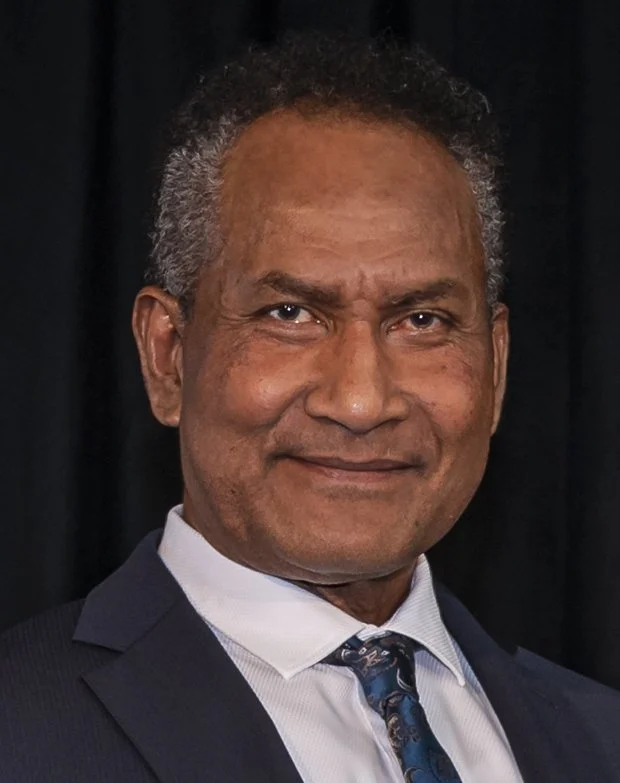Connecting the Dots – Stakeholder Mapping Project
Dr Steven Ratuva
Pacific Cooperation Foundation (PCF) has engaged the services of The University of Canterbury in partnership with the University of the South Pacific to undertake a ‘Stakeholder Mapping Project’, to identify the key stakeholders in the Pacific development sector, both local and regional.
The project team, led by Distinguished Professor Dr Steven Ratuva, at the University of Canterbury, will undertake the research and the stakeholder mapping exercise. PCF interviewed Dr Ratuva, to provide viewers an insight into the ‘Stakeholder Mapping Project’.
Q: Can you provide an overview and explain the objectives of the ‘Pacific Stakeholder Mapping’ Project?
A: The project seeks to provide a comprehensive database for stakeholders across the Pacific region. This requires carrying out a social mapping exercise to gather information about the different development organisations operating in the region, including international agencies, regional institutions, regional civil society organizations, government departments, national NGOs and local community, church, gender-based groups.
The information to be gathered includes their development aims and objectives, vision and philosophies, engagement strategies, challenges and successes, potential for partnership with PCF and the best approaches to do this.
Q: Describe previous research work or study undertaken by the University of Canterbury that ties in with this project
A: The University of Canterbury is involved in a number of major regional projects. One of these is a large climate and ocean assessment project funded by the Ministry of Foreign Affairs and Trade. This project covers 16 countries in the region and involves an interdisciplinary study of loss and damage, health, social protection, socioeconomic transformation, resilience building and indigenous knowledge and innovation as a method of adaptation.
It involves engaging with regional organisations, governments, civil society organisations and community groups as well as, a comprehensive database on climate resources, community disaster experiences, scientific data, indigenous knowledge, etc, right across the Pacific. This will feed well into the PCF project on stakeholder mapping.
Q: What outcome would the ‘Pacific Stakeholder Mapping’ project deliver?
A: The outcome will include a digital database, a digital map and a report to analyse the data and provide recommendations.
Q What benefits could be derived from the digital database, the study report and the digital map?
This will be very useful in providing a social map to guide PCF in its engagement, partnership and strategies in the Pacific region. It will enable PCF to identify some opportunities and risks and explore the best ways to connect the Aotearoa and Pacific communities, who to connect with and potential benefits with the view for long term sustainable relationships and networking.

